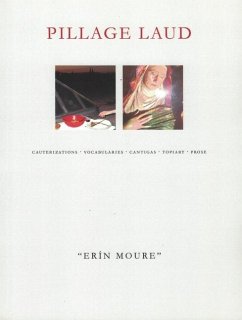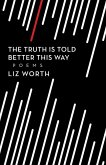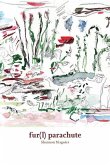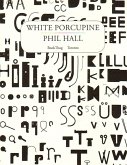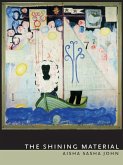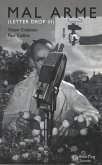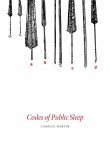Poetry. First published in 1999 in an edition of 300 perfectbound copies and 26 spiralbound copies lettered A-Z and signed, PILLAGE LAUD by "Erin Moure" is a lost cult item that now returns to print. As the 1999 edition announced, PILLAGE LAUD selects from pages of computer-generated sentences to produce lesbian sex poems (cauterizations, vocabularies, cantigas, topiary and prose) by pulling through certain found vocabularies, relying on context: boy plug vagina library fate tool doctrine bath discipline belt beds pioneer book ambition finger fist flow. It used MacProse, a freeware designed by American poet and jazz musician Charles O. Hartman as a generator of random sentences based on syntax and lexicon instructions internal to the program; the program worked on Apple systems prior to OS X and is now in the dustbins of computer history. In 1999, the news was shocking: Moure's poems are written by a computer. In 2011, now that everyone is a computer, the book can be read anew.

